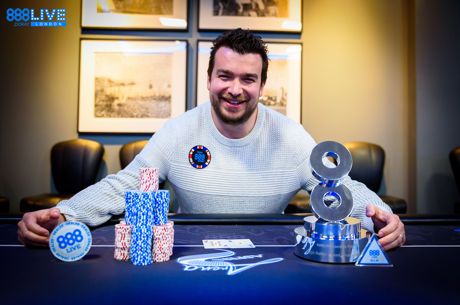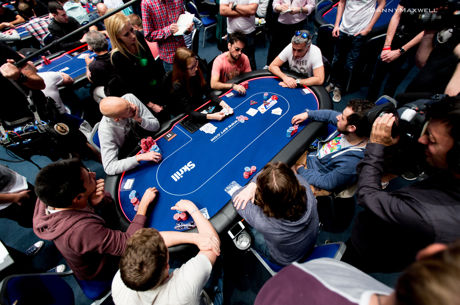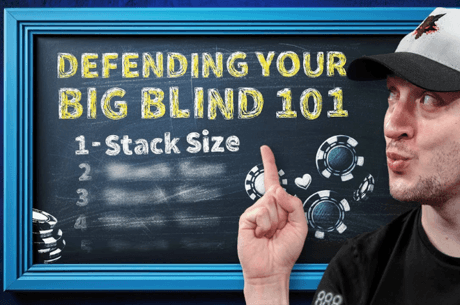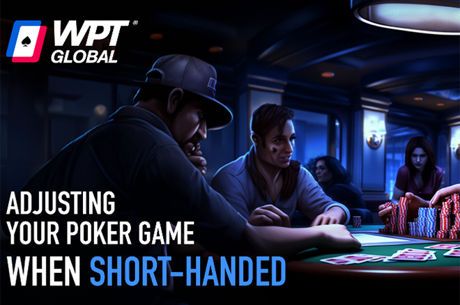Tips for Playing a $1/$2 No-Limit Hold'em Poker Game
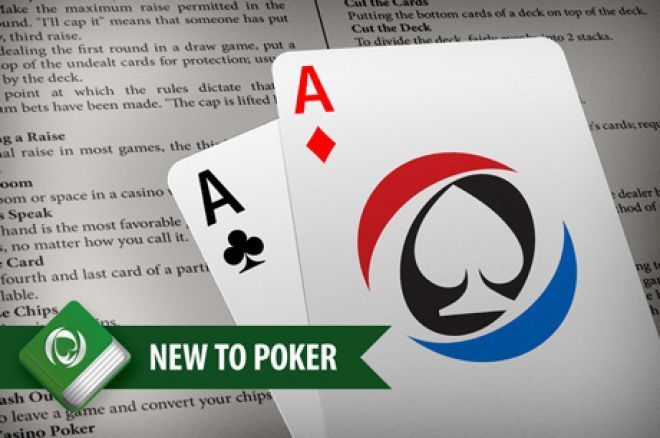
Table Of Contents
This time around we're going to get a bit more specific and provide you with some tips on how to beat the smallest buy-in no-limit Texas hold'em game that you will find in most live casinos in Las Vegas and around the world, $1/$2 game.
How Much Should I Buy In for?
It is generally good advice to buy in for the maximum, unless the game is uncapped and doesn't have a maximum. In that case, a good rule of thumb is to buy in for 100-200 big blinds.
It is completely reasonable that you might feel a bit timid with the idea of plopping down $200 or $300, but this will give you the best chance in the game. Even if you are going in a casino playing for the first time, your mind should always be focused on winning and doing everything you can to boost your chances of doing so. Buying in for the maximum is the first step in doing this.
Related: Learn the ABCs of Cash Game Strategy: The Importance of Position
There are a few reasons why you want to do this. In general, most $1/$2 game play in two very distinct ways; either very tight or loose-passive.
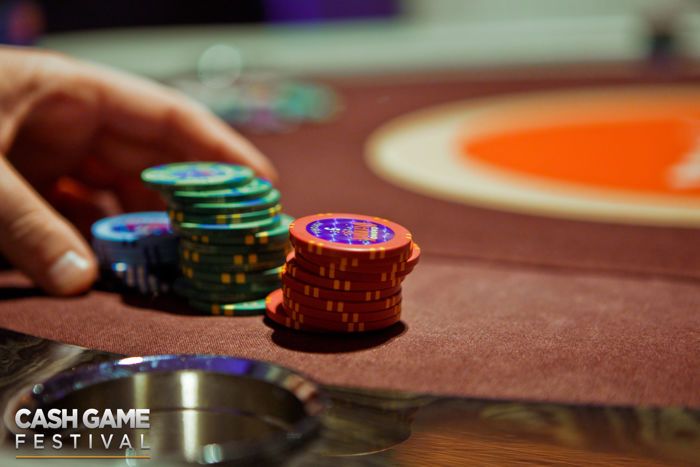
Very Tight $1/$2 Games
In $1/$2 games that are very tight, it's often hard to win a big pot without coolering someone else at the table, and in that case you want to be able to win the maximum.
Loose-Passive $1/$2 Games
In more loose-passive games, having the larger stack when you buy in for the maximum will allow you to have a bit more maneuverability.
For example, you buy in for $100 in a $1/$2 no-limit hold'em game. You call a raise of $8 preflop, then fold on the flop. A few hands later, you call another preflop raise for $8, but this time, you call a bet of $10 on the flop, then fold on the turn. Just like that, you have lost over 25% of your stack. If you buy in for the max, you will be able to wade through these small hits to your stack.
Also, having a larger stack means the passing of the blinds won't take so much of a toll on you. One round in a standard $1/$2 no-limit hold'em game costs for $3. If you buy in for $100, that $3 is 3% of your stack, whereas if you buy in for $200, that $3 is 1.5% of your stack.
Preflop Aggression
Many lower-limit cash games play passively while tournaments have heightened aggression due to the increasing blind levels. In a $1/$2 cash game, the blinds always remain the same and there are no antes.
It is often best for lower-limit cash games to play a tight-aggressive game. Playing more premium hands and playing them strongly is a great way to start off on the right foot and have success. Splashing around in too many pots with more marginal holdings is not something a beginning player should do.
Avoiding the Unusual
As a last bit of advice, let's take a look at common raise sizes for these games. If you're going to be playing the tight-aggressive form of poker that we recommend, it will be good to familiarize yourself with an amount you should be raising to when you pick up pocket aces.
Oftentimes in a standard $1/$2 no-limit hold'em game, preflop raises are to an amount of $10-$15. Once in a while, you'll have someone who makes an even larger raise size to $20-$25, but that is unusual. If a player makes an oversized raise, it is usually the sign of a scared player who has a monster hand and wants to protect it. Don’t get tricky with these players. Just sit back and wait until you have a premium hand and happily invite them to put a lot of money into the pot.
Cashing Out
In most $1/$2 no-limit hold'em games, a winning session of around $50-$200 is normal and should be considered successful, especially if this was your first attempt at playing in a live casino. Don't be intimidated by others saying that this isn't successful, or the ones who look like they are winning several hundreds of dollars — those days will come. It's much more important to focus on your play and making the best decisions possible at the table than the end result.


